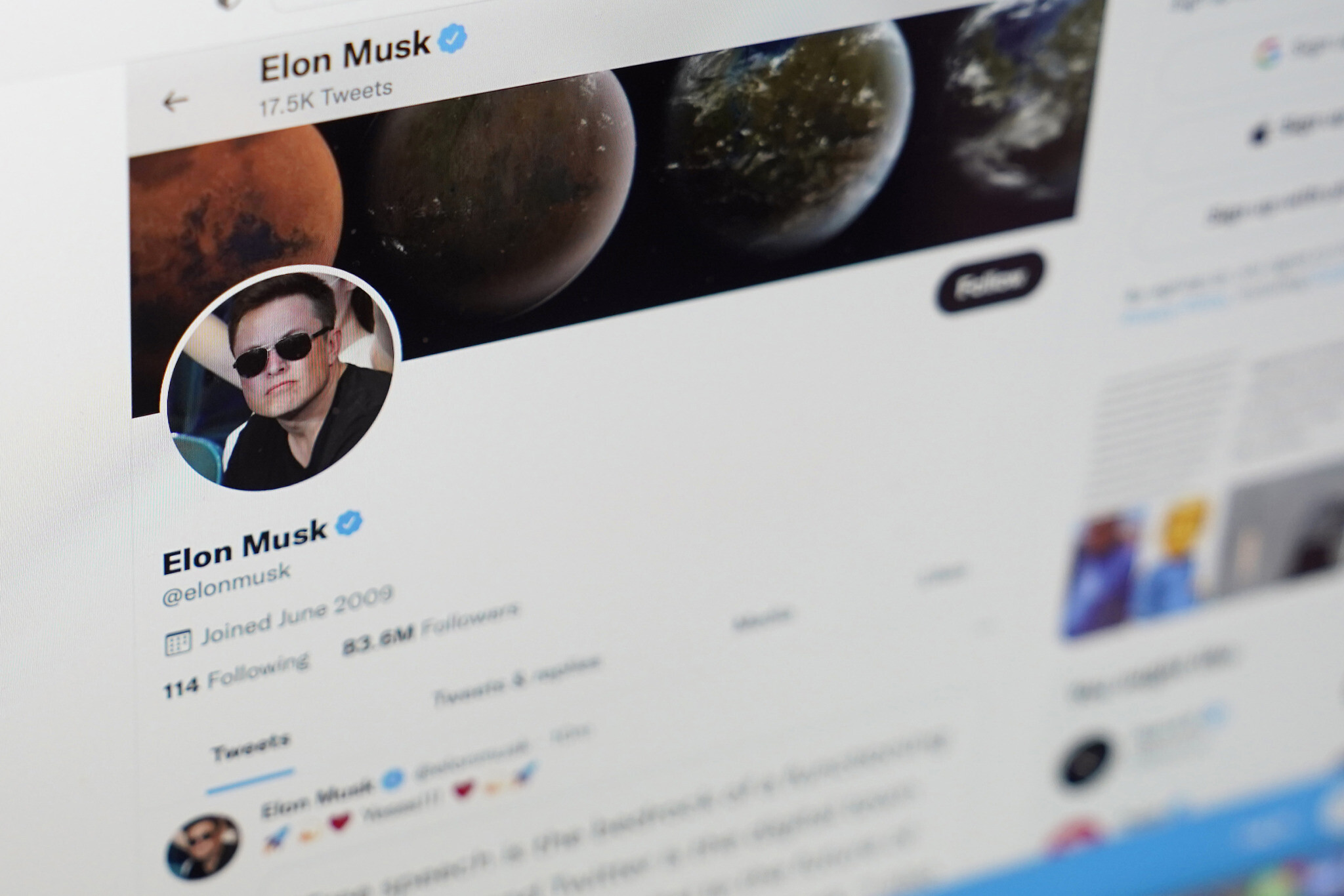
Faculty at the Nebraska Governance and Technology Center are monitoring Elon Musk’s recent $44B purchase of the Twitter platform for how Musk can and will manage the free-speech implications of the platform.
Professor Kyle Langvardt in 2020 joined the faculty of the multidisciplinary center focused on the regulatory and legal implications of technology. He is a First Amendment Scholar who focuses on the Internet’s implication for free expression, both as a matter of constitutional doctrine and as a practical reality. His written work addresses new and confounding policy issues including the collapse of traditional gatekeepers in online media, tech addiction and 3D printable weapons.
“Free speech is a relative term whenever a few private companies have unchecked power over who may speak and who may not,” he says. “Mr. Musk’s plans to take the company private are likely to exacerbate this problem by narrowing the public’s window into how vital decisions are made. At best, Mr. Musk will govern speech on Twitter as a benevolent king.
“In fairness, though, it is not Mr. Musk’s fault that the public has failed to design robust, democratically accountable institutions to protect free speech on the internet.
“Mr. Musk has a difficult, likely impossible task ahead of him. The basic challenge is that our free-speech ideals are not well-suited to social media. Speech on social media is quick, viral, and microtargeted to users’ individual obsessions and prejudices. Unstable and antisocial personalities have much more influence in online spaces than in traditional public settings. This is why platform administrators – even those who go in with strong libertarian impulses – consistently wind up policing online speech in ways that are hard to reconcile with a 20th-century free-speech sensibility.”


Leave a Reply